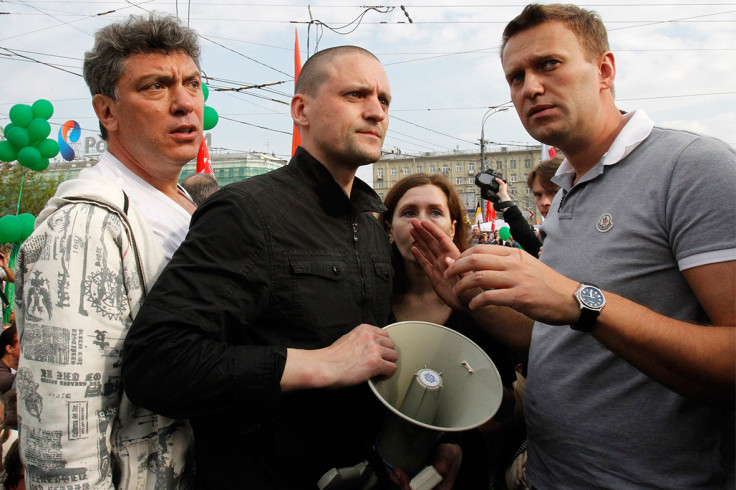Russia Parliament Approves Laws Restricting Freedom of Bloggers

Russia's upper house of parliament, the Federation Council, has approved a package of new restrictions on bloggers which critics say will curb dissent on the internet.
The new bills, which are due to be signed by president Vladimir Putin, are seen as another step in tightening control over Russia's media and political system.
Silenced by state-controlled television channels, the opposition to Putin has hitherto used blogs and forums to organise protests against the Kremlin.
Under the draft laws, blogs with 3,000 or more page views a day will be forced to reveal their identities and personal details to a special register (the Roskomnadzor, the state body for media oversight) and abide by rules applicable to media outlets.
The greater regulation will require bloggers to fact-check their content, abide by rules of pre-election silence and not spread extremist information violating the privacy of citizens.
Bloggers could also be held responsible for comments posted by third parties on their website or social media page.
"This law demands that bloggers abide by the same restrictions as mass media without giving them the same protections and privileges," said Hugh Williamson, Europe and Central Asia director at Human Rights Watch.
"This is another milestone in Russia's relentless crackdown on free expression."
The term blogger can also include anyone who posts on microblogs or social networks.
Russia has Europe's fastest-growing Internet audience with 61 million users, according to a 2013 report by industry body comScore.
The Kremlin's crackdown on bloggers resulted in authorities shutting down the LiveJournal blog of popular anti-Putin leader and anti-corruption campaigner Alexei Navalny, who is currently under house arrest, along with other independent news sites.
In April, Pavel Durov, founder of VKontakte (VK) the Russian equivalent to Facebook, announced he had lost his job as CEO and left Russia.
In a statement posted on VK Durov wrote: "I resign as Acting Director General of VKontakte."
VK - previously known as VK or ВКонтакте in Russian - is the second most popular social network in Europe, with a particularly strong following in Russia, Ukraine and Belarus. It has around 200 million accounts and 45 million average daily users - compared to over one billion accounts and 665 million daily users for Facebook.
Durov cited his refusal to comply with demands by the authorities to block controversial users and communities as a reason for his dismissal.
© Copyright IBTimes 2025. All rights reserved.




















